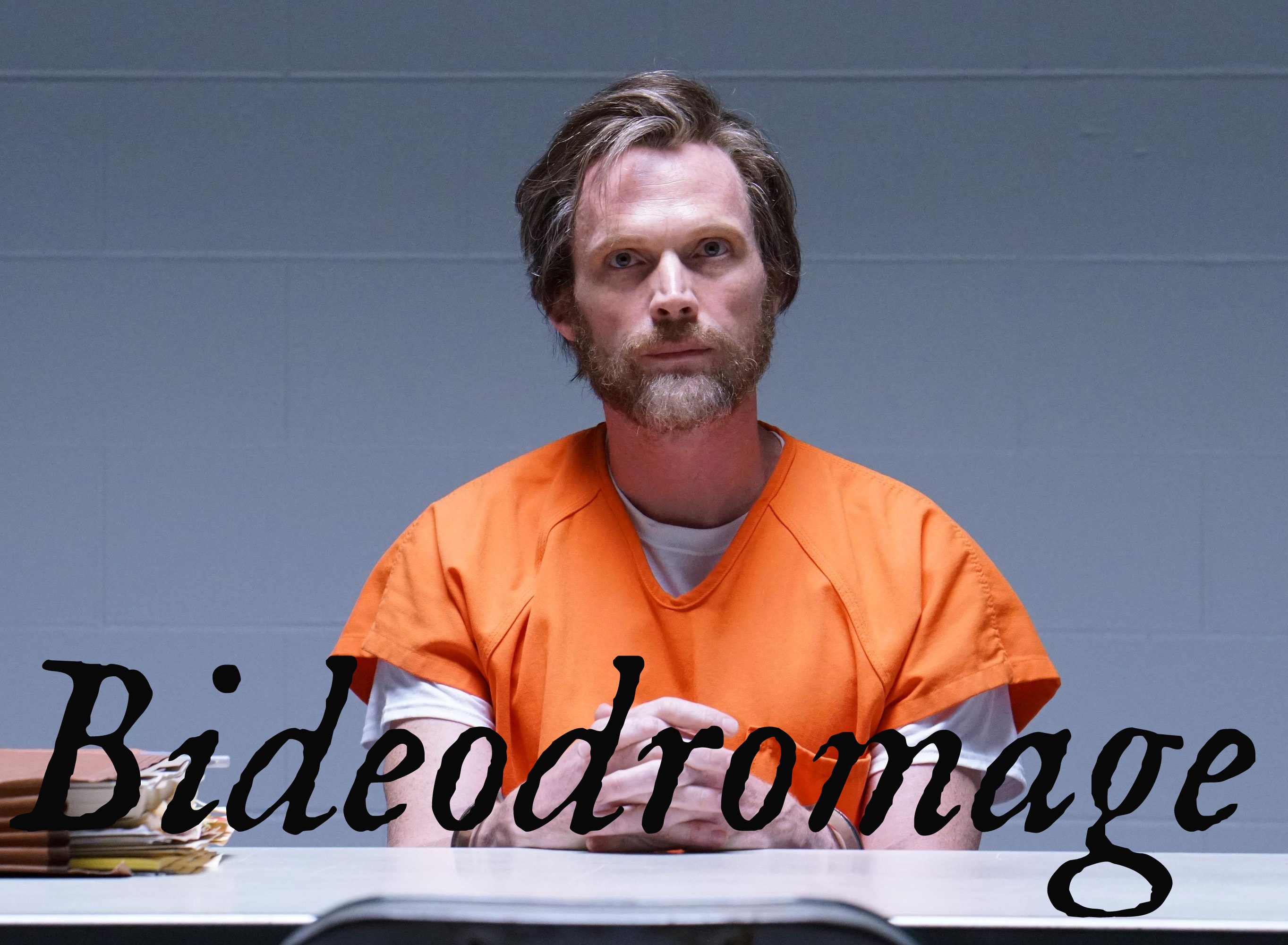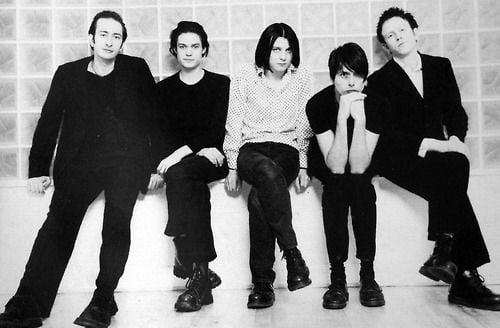“Whatever way I ultimately took the snow falling I was assured of being glued to a stance, a localizable, diagnosable, capturable stance. No. No. No. No. The snow was falling. Kabbala Street snow was falling. But what was the furious plummet of the snowflakes doomed to dissolve on my piss-impregnated topcoat but the enactment of resistance to such an extinction. Seeing the snowfall in this manner I was all at once manumitted from the Kabbala Street furnace. I was more than ever wary of distraction but seeing the snow falling in this manner was not a surrender to distraction, a flight from actively pullulating despair. Such seeing was a full bodied exertion of despair. Seeing the snow falling as a deployed and enacted resistance to falling—seeing the snow falling as the snow’s only way of expressing—living—resistance to falling, I was permitted to elude entrapment in drooling passivity before a distraction, a contraption recruited from Kabbala Street. The snow falling was no longer a state of affairs somewhere out there enjoining no collaborative pang, no strain of output. To see the snow falling as an enacted resistance to—the only conceivable protest against—descent into extinction was to be transformed from passive consumer of sleekly synthesized distractions into an active collaborator in, an unstinting undergoer of, what I myself was suddenly playing no small part in synthesizing. The snow falling was now very much fused with the particular slant of my consciousness on how it fell, how it was falling. I was suddenly as much out there as the snow falling and the snow falling was reciprocally as much within as my particular slant on its plight. Collaborating as I did in the falling of the snow, somehow forcing the phenomenon itself to undergo the collective spasm it induced within, I knew I had succeeded in resisting one of the prop-like traps set for me (in their eagerness to propagate the plausibility, the desirability of a fixed term to my ploy-breeding despair) by the Kabbala street gang. I knew I had succeeded in inactivating and scuttling one of the trap-like props happily still susceptible to detection by a tottering and therefore ever vigilant myopia.”
“The point of inventory was to be never-ending. Affirming the continued existence of an intact inexhaustible never-ending inventory at the same time affirmed my continued existence as a being forever on the increase, and, as an expanding sum of thoughts acquired, fast approaching…the dimensionlessness, the unlocalizability, the undiagnosability, of all of being.”
“I thought of the body, the incised body. I shuddered. Surely I had come to the end of all incision, of all acquisition of incision—incision as the high road to, pretext for, acquisition of myself as more than myself, as nothing less than prefiguration of being’s all.”
from Circuits, a novel by Michael Brodsky {1985}.













